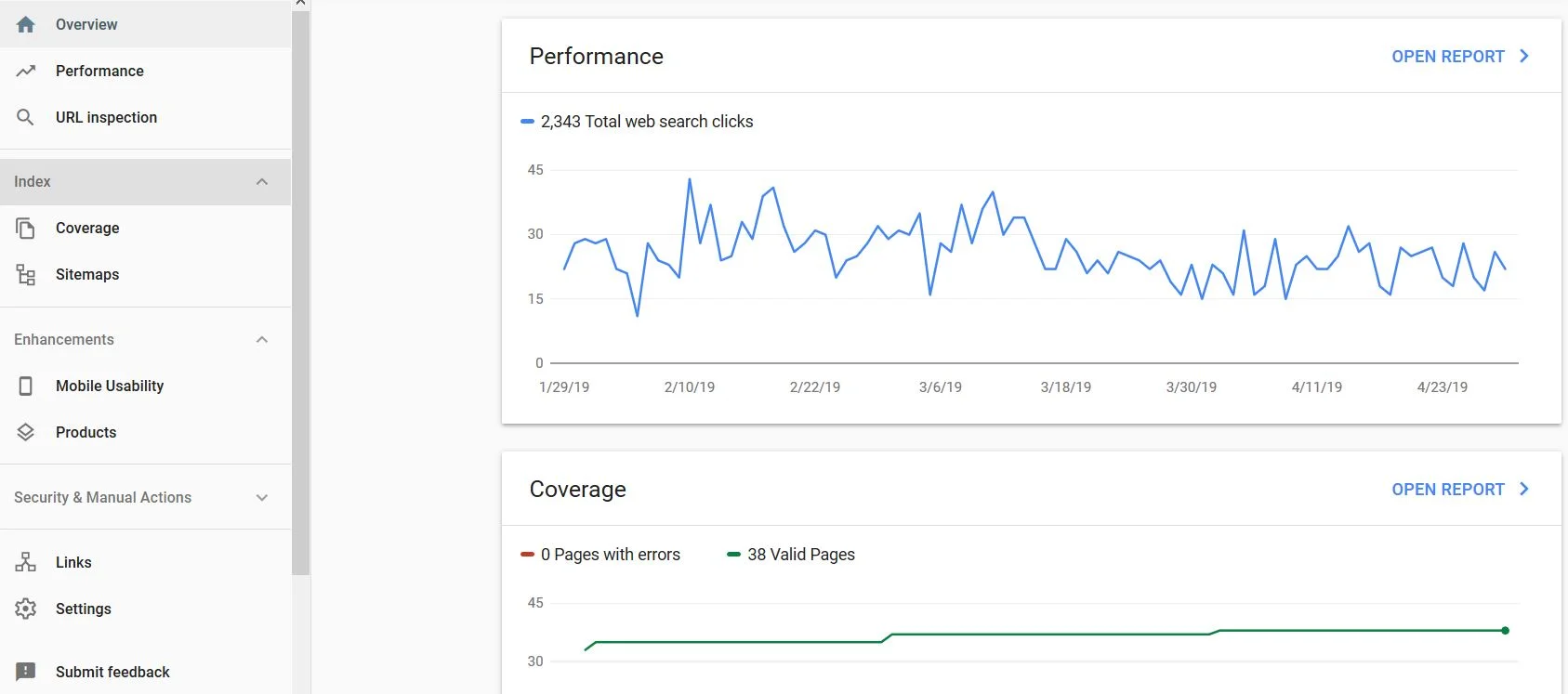As a small business themselves, APSEO knows every dime counts. And when it comes to something as seemingly dense as SEO, it can be scary looking at all the premium paid tools out there that promise to help you boost your organic rankings.
Luckily, there’s a bevy of free-to-use software, websites, and plugins that will help you understand where your site sits in terms of visits from the search engines, what keywords to target, and what to start writing content about to get the needle moving upward.
APSEO is here to help shine a spotlight on these great free resources in this blog post series.
First up is Free SEO Data tools.
In trying to understand how Search Engine Optimization (SEO) factors in your business, you may be wondering how to get started or what to look out for. After all, you can’t really know where to go in SEO until you get a lay of the land of how your business is performing, what keywords you’re ranking for, and what potential issues the site has to fix.
You may also be thinking that it costs some money to have access to this info, right?
Luckily not, as there are a wide array of free tools to use to gain SEO insight for your website.
Here’s our top 3.
Google Analytics
Google’s search data aggregator is a necessity when it comes to setting up your website. By just placing a small snippet of code into your site’s backend, Google Analytics will start to track everyone that pays you a visit, where they came from, how long they stayed, and other great data.
For SEO, Google is able to track all of the metrics above, and a lot more from search engine visits in the Organic Traffic Channel. By performing a variety of filters and other configurations within the platform, you can drill-down on which pages are driving visits from the search engines, compare performance from available dates, and see where people are leaving your site after a search visit.
This information becomes extremely valuable when trying to figure out a traffic dip or increase associated with changes on your website, and may provide context for previously unexplained changes in revenue.
Google Analytics is a discipline to itself that takes hours of mastery. But don’t be scared! There are tons of guides out there about how to use it best for SEO.
Google Search Console
The hand-in-hand accompaniment to Google Analytics, Google Search Console (AKA Google Webmaster Tools) is a platform specifically designed to show you real data from Google searches and how the search engine views your website. How cool is that?
In GSC, you can see which keywords and landing pages are driving organic traffic, how many and what links are pointing to your site, as well as what pages Google has access to and the last time they scanned them, among other data points. It even hooks up with Google Analytics to give you a more comprehensive picture of your organic traffic metrics there.
GSC is a treasure trove of data that is very intuitive. Every business owner can use it effectively with the right guidance. Search Engine Journal has one guide on getting started and one on using search data to maximize your organic presence that we love.
Screaming Frog
Screaming Frog may have a silly name but it’s a staple in any SEO’s toolbelt and should be on your list of data tools too. This software is basically a website crawler that allows you to duplicate the experience that Google or any other search engine has visiting your website.
Although the paid version allows you to utilize the full power of the software, you can crawl up to 500 URLs, discover any duplicate content or code elements present, and find any broken links on any website for absolutely free.
SF can come in handy whenever you feel like something may be wrong with your site, or if you want to take a sneak peak into how your competitors’ site is structured to get some clues on what you need to do to get ahead of them.
SEO Knowledge is Power
With these three tools under your belt, you’ll have a better idea of where your site stands, what’s working and what’s not for the search engines, and if there’s anything you need to do to update your website for great results.
Want more guidance on how SEO can help improve your bottom line? Contact us today.



